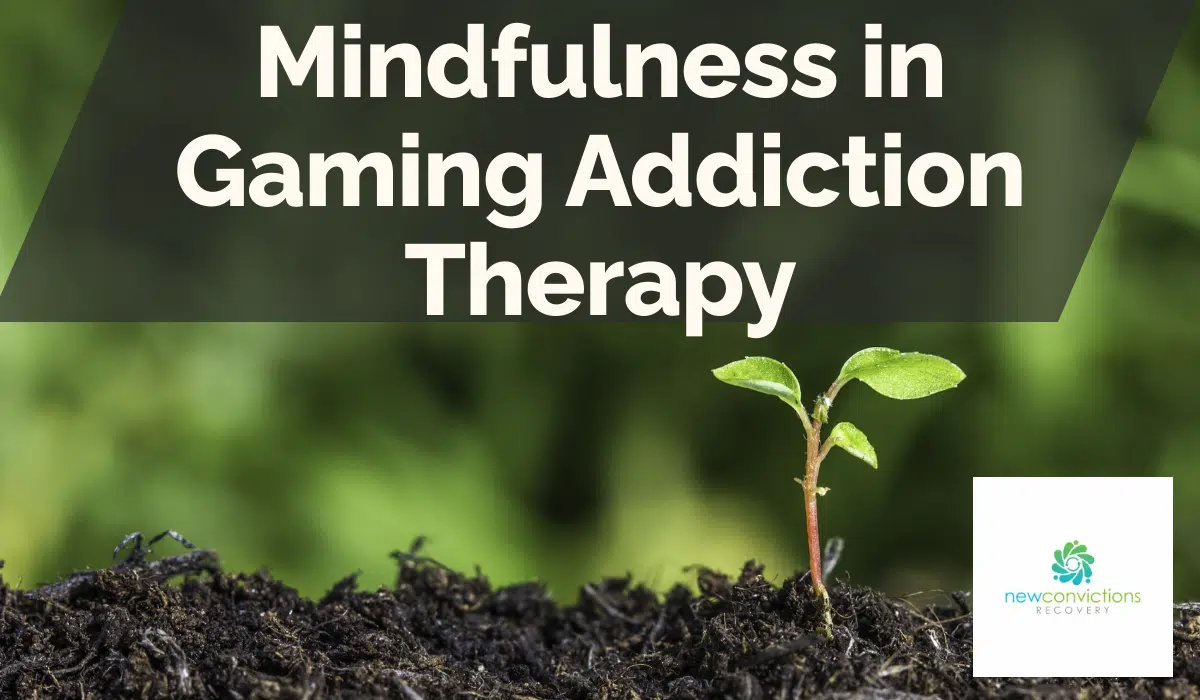Gaming addiction therapy is evolving rapidly, and one of the most exciting developments in this field is the incorporation of mindfulness techniques. These techniques offer new means for individuals and families to tackle the issue. This article discusses how mindfulness is used in gaming addiction therapy and how it may provide solutions for this modern issue and explores its benefits, the therapy methods involved, and the coping skills it fosters.
Mindfulness and Gaming Addiction
Mindfulness, often associated with Eastern philosophy and meditation practices, is about staying in the present moment. It emphasizes a non-judgmental awareness of one’s feelings and thoughts. In the context of gaming addiction, mindfulness therapy aims to strengthen an individual’s control over their mind, reduce compulsive gaming habits and improve their overall emotional well-being.
Mindfulness Techniques for Gaming Addiction
- Body Scan: Body scanning helps individuals connect to their physical sensations, a part of existence often ignored in a virtual gaming world.
- Observation Exercises: Practicing observation trains the brain to be in the ‘here and now’ rather than constantly consumed by thoughts about gaming.
- Mindful Breathing: Regulating the breath is a simple yet powerful way to regain control and lessen the grip of gaming addiction.
Mindfulness Therapy Methods
Mindfulness-based cognitive therapy (MBCT) is one example of a therapeutic approach incorporating mindfulness techniques. It merges cognitive-behavioral therapy methods with mindfulness strategies to help understand and manage thoughts and emotions that may drive addictive behaviors. It’s known for its applicability in substance use disorders and proves beneficial for tackling gaming addiction.
Mindfulness-Based Relapse Prevention (MBRP)
MBRP is another mindfulness-based therapy that specifically focuses on preventing relapses by teaching mindfulness skills to handle cues and triggers associated with gaming addiction.
Coping Skills Fostered by Mindfulness
- Emotion Regulation: Mindfulness helps individuals recognize and manage strong emotions without resorting to compulsive gaming.
- Craving Management: The techniques help manage cravings for gaming by creating a space between craving and action.
- Stress Management: Mindful practices can reduce stress, a common trigger for excessive gaming.
Frequently Asked Questions
Can mindfulness cure gaming addiction?
Mindfulness should not be considered a standalone cure, but it’s certainly a helpful tool when combined with other therapy approaches.
Is mindfulness therapy suitable for everyone?
Although many people can benefit from mindfulness, it may not be the best fit for everyone. It’s crucial for individuals to find a therapeutic approach that resonates with them.
Conclusion
With the rise of gaming addiction, innovative and holistic approaches like mindfulness therapy are vital. This progressive method not only addresses gaming behaviors but fosters beneficial coping skills and promotes overall emotional well-being, introducing new hope for those struggling with gaming addiction and their families alike.

